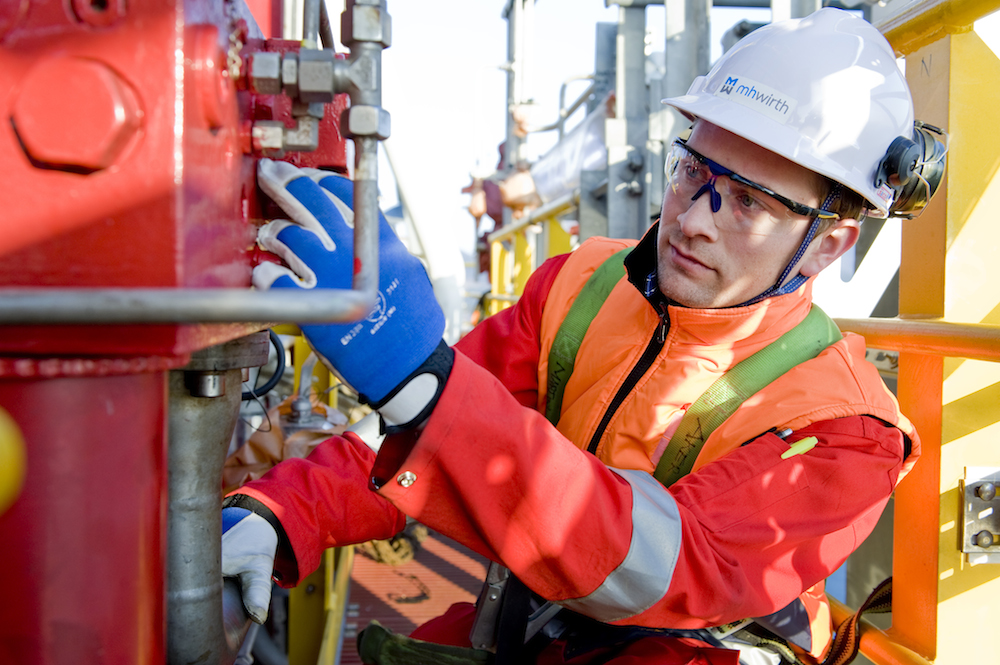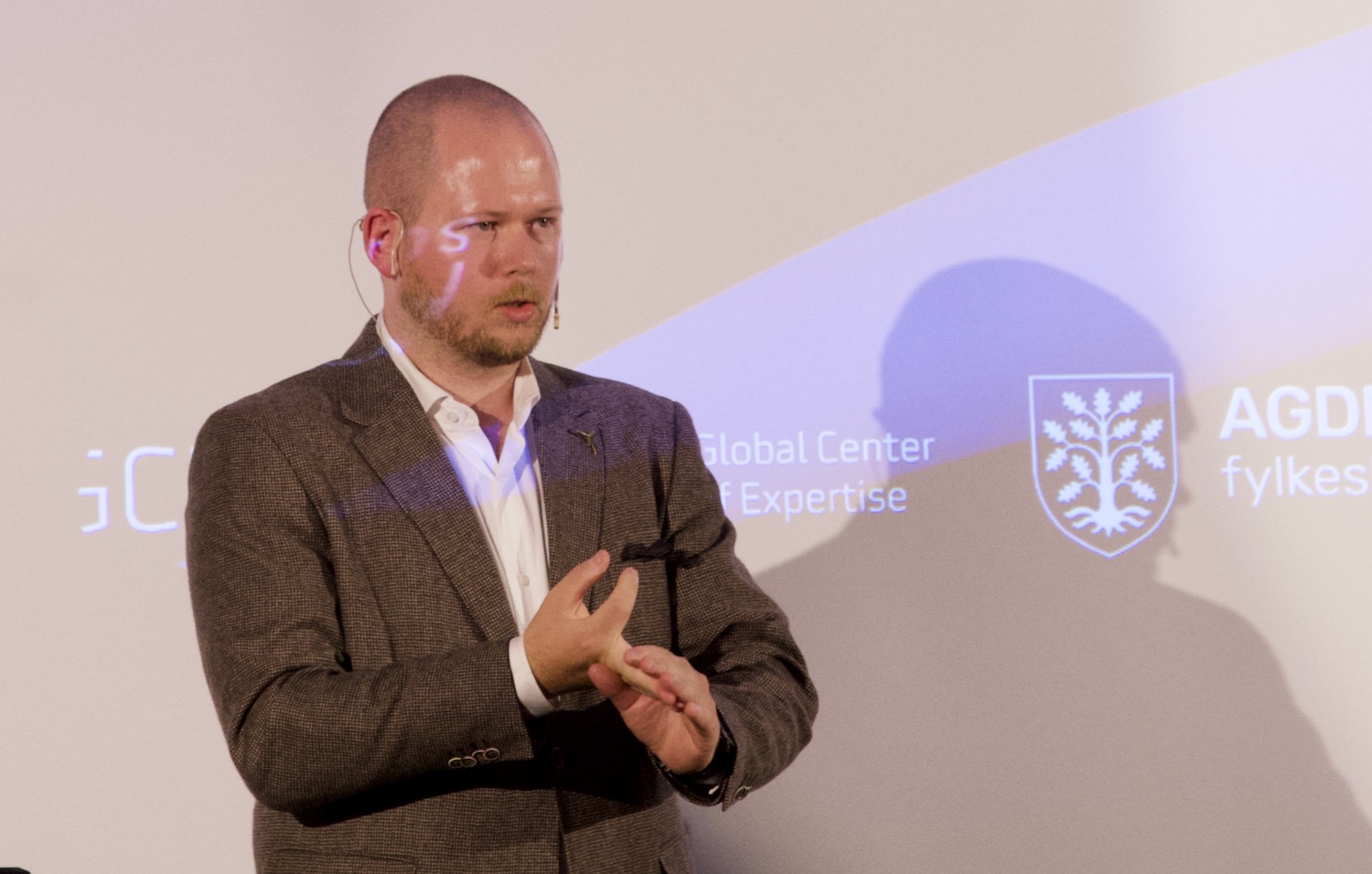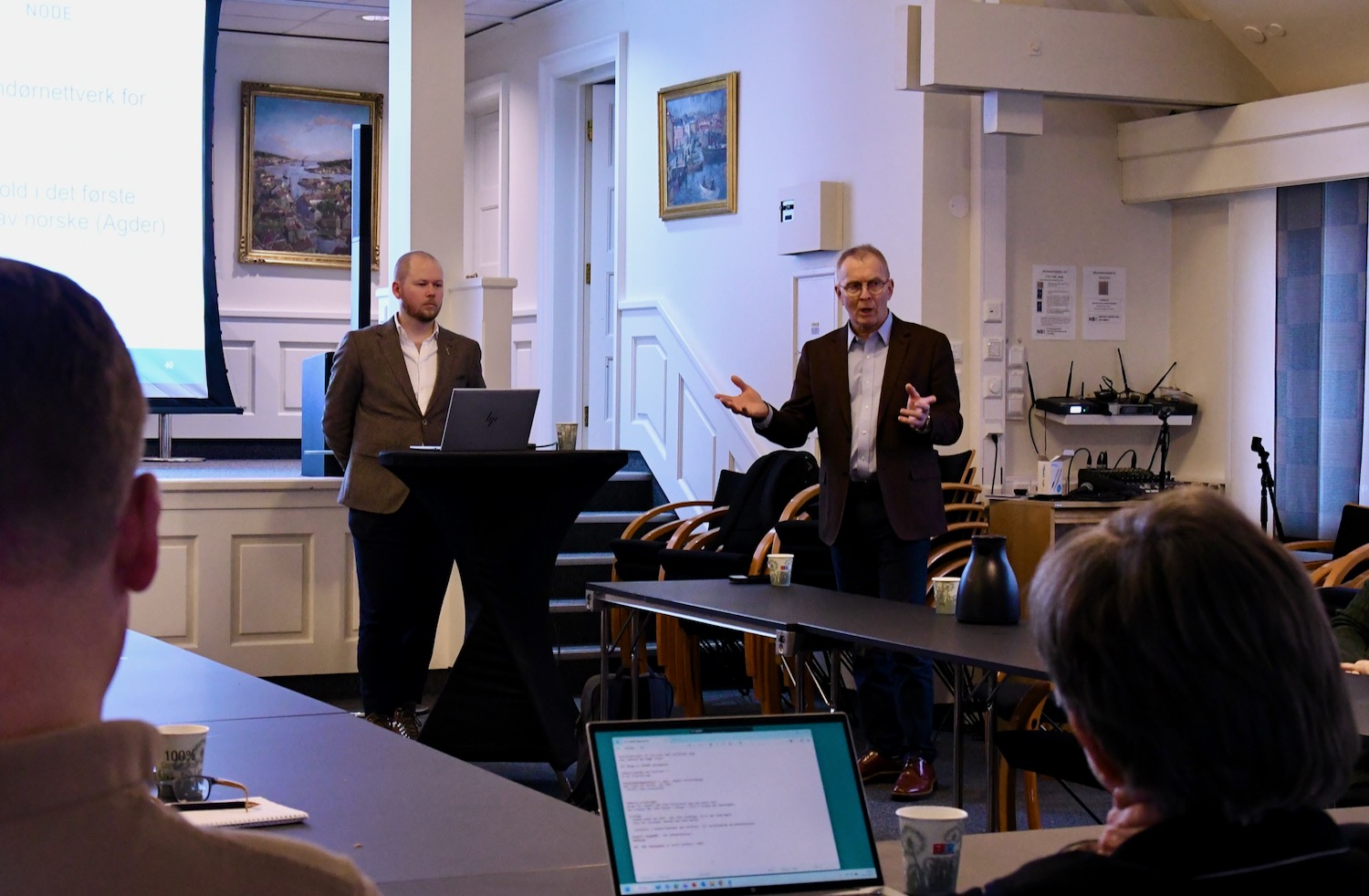A new report from Menon Economics show a firm belief in a substantial upturn for the oil and gas industry, and consequently also for the supplier industry in Agder. NODE companies expect a growth of 180 percent from the low point two years ago.
Following a dramatic downturn from an all-time high in 2014 to the definitive low in 2017, managers of GCE NODE cluster companies expect revenues in 2022 to be at a new record level.
“The sense of optimism is very evident. Necessary adjustments are continuously made to make products and services more cost-efficient, safer and more environmentally friendly. This ensures the competitiveness of the supplier industry in our region and improves the sustainability and profitability throughout our industry,” says Anne-Grete Ellingsen, CEO of GCE NODE.
In the report commissioned by GCE NODE, Menon Economics points to higher oil prices, increased investments and recruitment of new employees as signs of an industry in the middle of an upturn.
Competence and capacity seem to be most important for continued growth towards 2022. In-depth interviews with top executives stress the importance of a strong relation with the university and R&D sectors, in order to train students in accordance with industry needs.
MORE DIVERSIFIED
Menon Economics emphasizes that GCE NODE is now a more diversified cluster. The number of participants has increased dramatically over the last years, surpassing 100 earlier this year.
“Companies vary in size and market focus. Oil and gas is still the primary market for 80 per cent of the respondents, but among other important industries, 50 per cent list the maritime industry and 40 per cent list the process industry,” says Ellingsen.
More than 60 per cent of respondents believe NODE should continue to have an Agder perspective, rather than a national perspective.
AUTOMATION AND ROBOTIZATION
According to a majority of managers, the digital shift will continue to affect the industry. Digital tools and solutions will contribute to a better flow of information, leaner work processes, new models for cooperation, lower costs and more environmentally friendly solutions. Respondents regard automation and robotization to be important for their company in years to come. Artificial intelligence, machine learning and 3D printing are not considered equally important, according to the Menon report.



